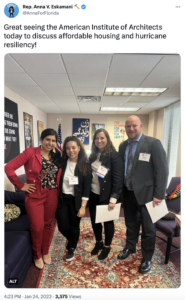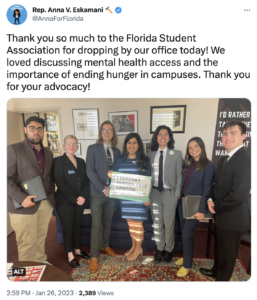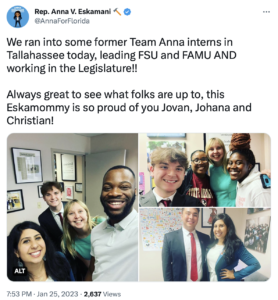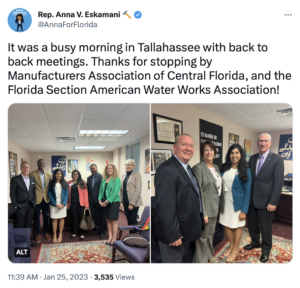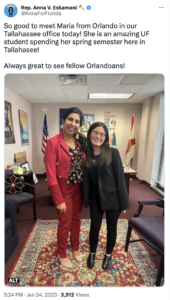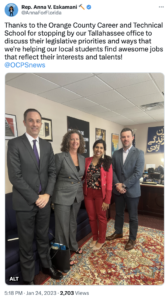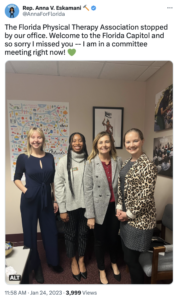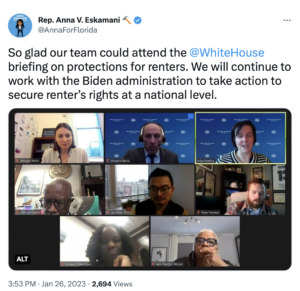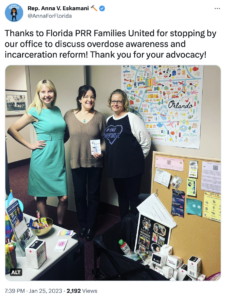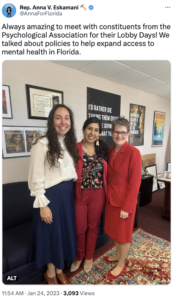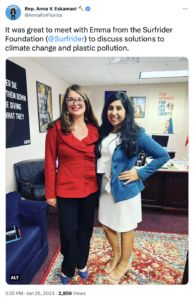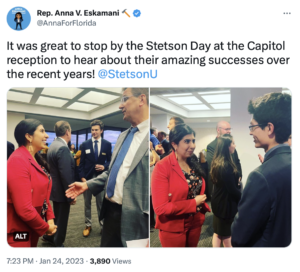Dear Friend,
Session is coming.
I’m back from Tallahassee, where we just wrapped our third week of committee hearings in advance of the Legislative session, which begins March 7.
We’re now halfway through our pre-session “committee weeks.” We’ll be headed back to the Capitol again next week. But in the meantime, I wanted to give you an update about what happened last week at Team Anna.
Also a reminder that our weekly updates will always be thorough but will never be all encompassing. I encourage you to tune into the Florida Channel live, and follow us on Facebook, Twitter, Instagram, and YouTube for additional and real-time updates.
Onward,
Rep. Anna V. Eskamani
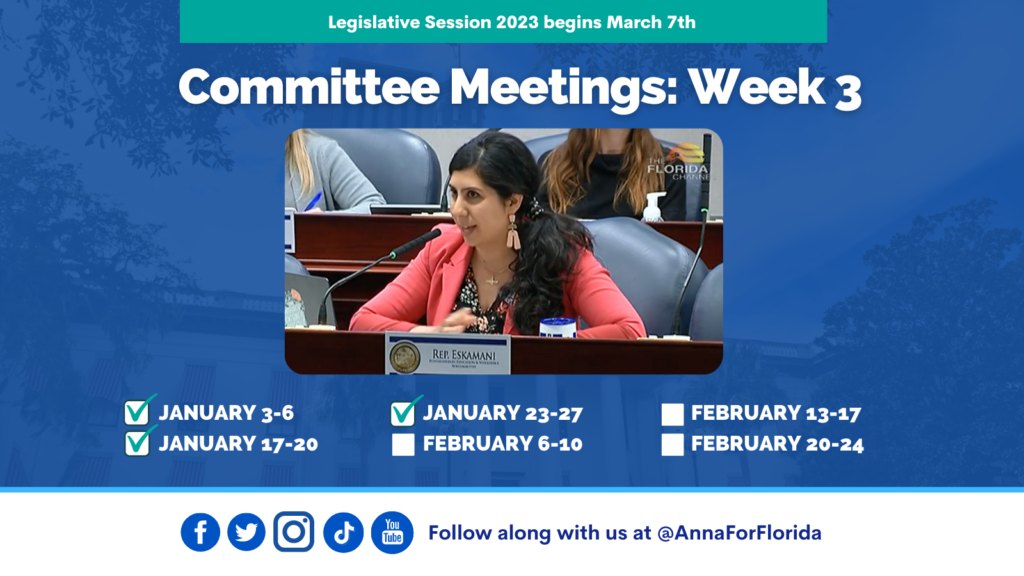
Voucher plan would gut public school funding
House Republican leaders rammed a dangerous private-school voucher plan through a committee hearing last week.
This bill (HB 1) would establish universal private-school vouchers, forcing Florida taxpayers to wealthy parents who choose to homeschool their kids, send them to schools that openly discriminate against LGBTQ+ kids and kids with disabilities, or enroll them in elite private academies where tuition costs more than many colleges.
And it would absolutely devastate our public schools. An analysis last week by the Florida Policy Institute found that House Republicans universal voucher plan would slash public-school funding by nearly $4 billion within five years.
House Republicans know their bill would devastate our public-schools – that’s the whole point of the bill, which is part of a long-running effort to outsource Florida’s public school systems to a for-profit private operators. That’s also why they’re trying to rush this bill through the process so fast, before people have a chance to understand the disastrous consequences.
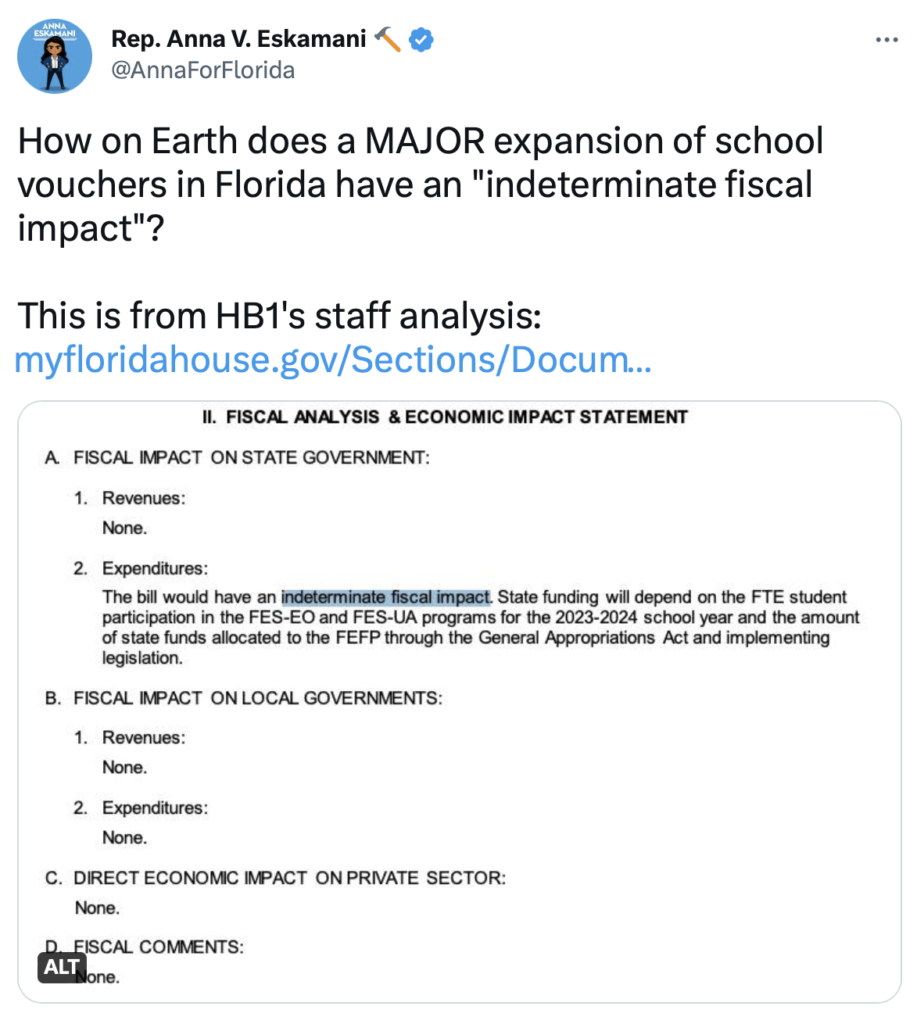
Stop the Black Attack
Florida Gov. Ron DeSantis is facing mounting backlash regarding his administration’s decision to prohibit an Advanced Placement high school course on African American studies, with Black leaders rallying in the capital, a prominent civil rights lawyer threatening to sue and state lawmakers urging him to reverse the decision.
Attorney Ben Crump accused DeSantis of violating the federal and state constitutions Wednesday by refusing to permit the course. His legal team noted that a federal judge found a 2010 law in Arizona that banned a Mexican American studies program from Tucson schools unconstitutional and officials “motivated by racial animus.”
We were proud to stand in solidarity against this DeSantis decision.
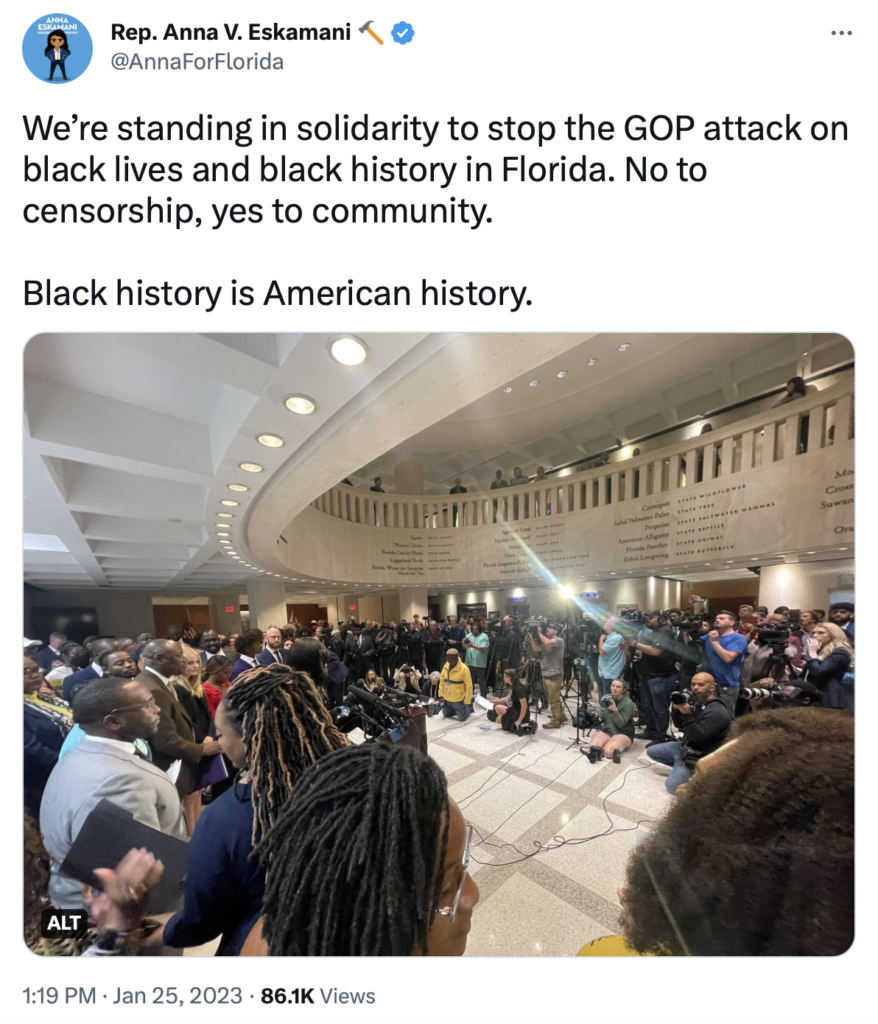
Ending Corporate Giveaways
I filed my second bill for the 2023 session this week: HB 473, which would take the first step toward phasing out corporate giveaways by forming an anti-poaching agreement between states.
That agreement would forbid a state from using company-specific tax breaks or other incentives to persuade a business to relocate operations from another state. The goal is to stop corporations from playing states against each other in order to squeeze out the biggest possible public subsidies for themselves.
The legislation (HB 473) would also establish a national board of experts tasked with identifying other ways to help state and local governments end the “prisoner’s dilemma” of economic development – and to help level the economic playing field for all employers, big or small.
Corporate giveaways, which often go to the corporations that make the biggest campaign contributions or employ the most expensive roster of lobbyists, are an expensive, inefficient and ineffective use of taxpayer dollars to create and maintain jobs. Unfortunately, lawmakers across the country and right here in Florida often feel forced to participate in corporate giveaways because nearly everyone else does. The only way to end this race to the bottom is an interstate agreement that phases us all away from this ineffective and wasteful game while removing the parts of Florida statute that feeds into this problem.
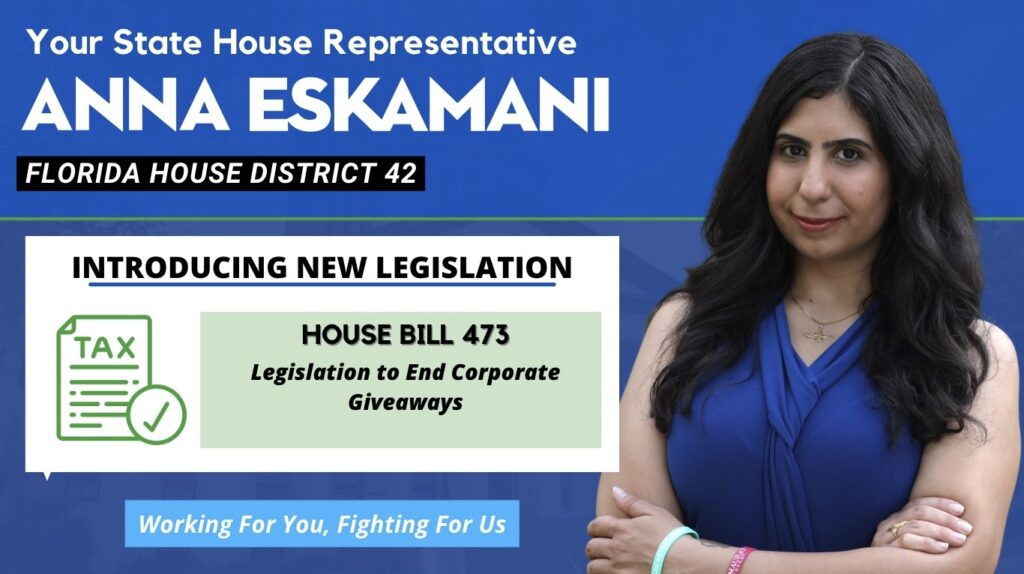
Supporting the People of Iran
I was also proud to file a memorial this week calling on the U.S. Congress to stand in support of the fight for freedom of the people of Iran.
This memorial (HM 531) will be read on the floor of the Florida House of Representatives during the 2023 session. It’s a way for lawmakers in both political parties to show solidarity with the women and other people in Iran who have been so bravely fighting for their freedom.
And it’s a way for lawmakers in both political parties to demonstrate solidarity with the people of Iran, particularly the brave women and girls, who have been protesting the Iranian government since the regime murder of 22-year-old Mahsa Amini in September.
Sen. Bobby Powell (D-West Palm Beach) will file the resolution in the Florida Senate, too.
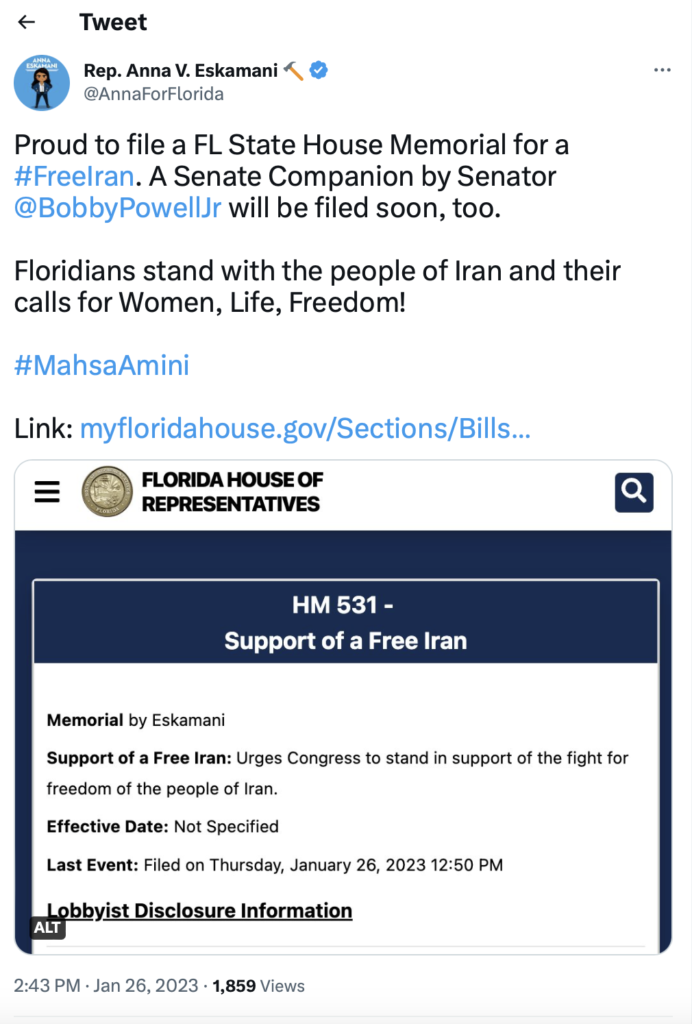
Helping Floridians access workforce education
In the House Postsecondary Education & Workforce Subcommittee, we received briefings from chancellors in the Florida Department of Education about the state’s workforce-education system. This system includes everything from technical centers and industry certification programs to apprenticeships and continuing education courses to associate degree programs at our state colleges.
Smart workforce-development programs not only help students prepare for careers in fields that demand highly specialized skills or credentials, they can also help us as a state address labor shortages in critically important jobs like teaching, nursing, trucking and cybersecurity. This has bene a big focus in recent years for lawmakers in both parties, and we’ve received a lot of help from the Biden administration – in the form of more than $90 million in federal grants that have helped Florida do things like develop career academies in K-12 schools and expand apprenticeship programs.
I used my questions to lift up some of the ways we could expand access to these workforce-education programs to more students – such as public transportation options for students who don’t have access to a car. We also need to boost teacher pay in many of these fields in order to recruit more instructors. Many of them want to teach but they can make a much better living as a practitioner versus as a teacher.
We also learned that our colleges and other public programs do a better job than their for-profit counterparts of training students for careers in nursing. But many of those programs are at capacity. We need to expand them.
Watch the Postsecondary Education & Workforce Subcommittee meeting here.
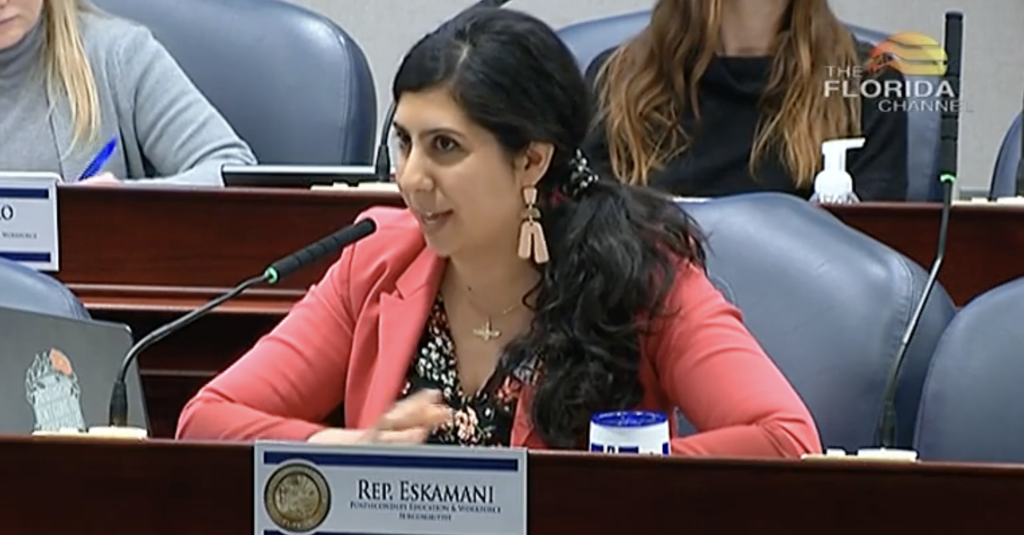
Learning More About Water Reuse
Last week, the House Infrastructure Strategies Committee heard an ominous report about how far behind Florida has fallen in ensuring we have enough water for the future. We’re currently looking at a statewide shortfall of 373 million gallons per day by 2040.
Well, this week we spent time discussing one of the strategies that could help us make up that gap: Water reuse. Reuse water is wastewater that has been treated and recycled for other uses.
The good news is that Florida has made a lot of strides in recent years with water reuse in irrigation for everything from citrus groves to golf courses to household lawns. The bad news is we’ve now picked the low-hanging fruit, and we haven’t done nearly as much as other states, particularly out West, where extreme droughts and chronic water shortages have become a way of life.
Going forward, a big challenge for the state will be improving water reuse technology so it can be a source of potable water – drinking water. We’re also going to have to invest in public outreach campaigns to encourage the adopting of potable reuse water among citizens.
One of the questions I asked was about how we could support individuals who want to do more to reuse water. And while retrofitting existing neighborhoods with reclaimed water it’s very expensive, there are some smaller steps we can all take – like rain barrels, which can capture and store rainwater that can then be used for irrigation.
Watch the Infrastructure Strategies Committee meeting here.
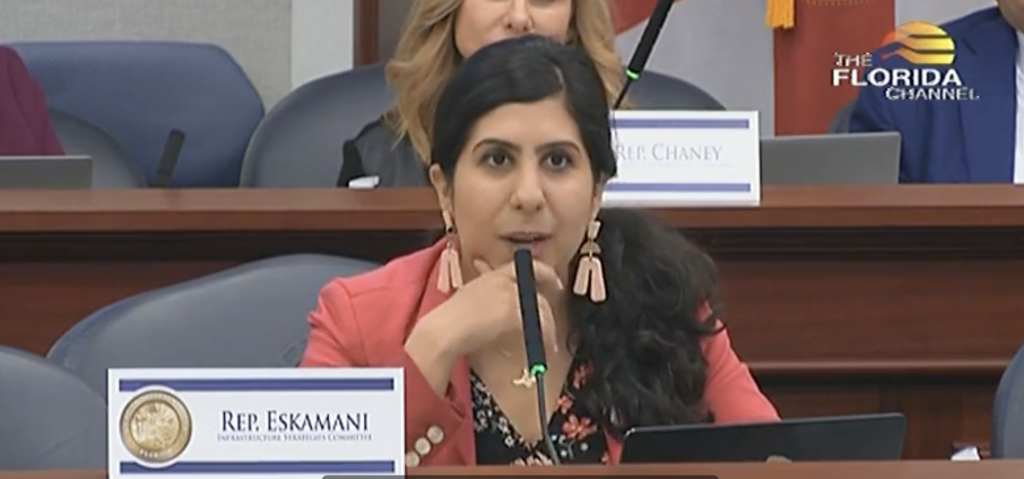
Making our roads safer for everyone
Florida is one of the most dangerous states in the country for pedestrian safety, ranking behind only the state of New Mexico in the number of people struck and killed by cars last year. Four of our metro areas rank are in the top 10 for pedestrian deaths: Deltona-Daytona Beach-Ormond Beach (#1), Tampa-St. Petersburg-Clearwater (#3), Jacksonville (#6) and Orlando-Kissimmee-Sanford (#8).
Those grim rankings were at the top of my mind in the Transportation & Modals Subcommittee, where we had a panel discussion of highway safety issues.
One of the issues we discussed is to do more, and more effective, marketing and outreach to folks about the dangers of unsafe driving behaviors, like texting and driving. Connecting with younger adults in the 20-34 age range is especially important, because they account for 40 percent of the crashes responsible for almost all of our traffic deaths: lane departures, intersections, and collisions with bicyclists and pedestrians.
Some of this will require more resources: We’ve seen how effective smart and sustained public-health campaigns can be with the example of Tobacco Free Florida. But we can also be smarter marketers. For instance, our encouraged our transportation officials to think about beyond traditional public-service announcements, reach out our younger folks through channels like TikTok and Instagram, and engage local celebrities in more influencer campaigns.
Watch the Transportation & Modals Subcommittee meeting here.
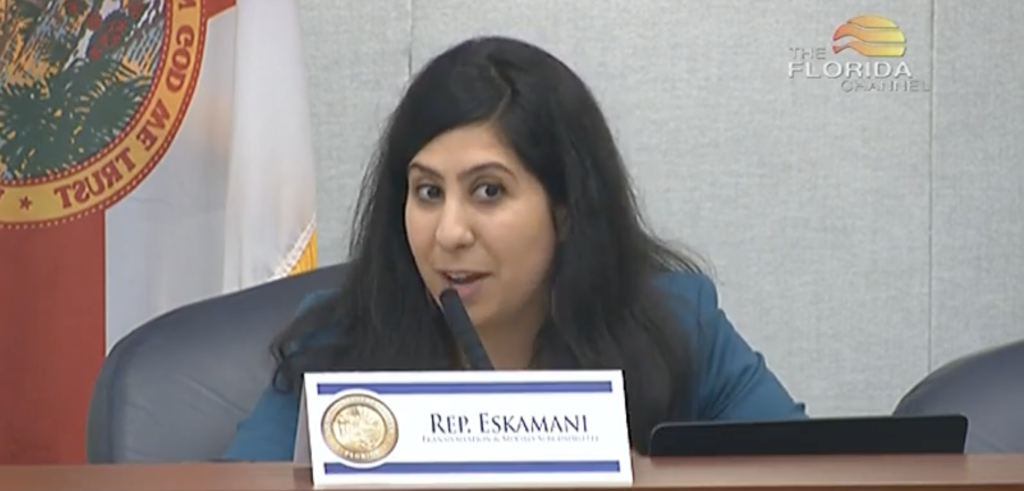
We need to get serious about climate change
We had another meeting of the House Select Committee on Hurricane Resiliency and Recovery, this time receiving briefings on a solar-powered housing development in southwest Florida, beach erosion-protection efforts, and the impact of Hurricane Ian on the state’s agriculture industry.
There’s an important theme that keeps coming up in these briefings: The impact of climate change and rising sea levels.
For instance, Hurricane Ian caused up to $1.6 billion in agricultural damage, according to the University of Florida’s preliminary estimates. But it wasn’t all because from wind damage. Ian’s intense rainfall – and the inland flooding it caused – were big contributors to crop losses and other agricultural devastation. And we know that climate change is making hurricanes wetter; one preliminary study estimates that climate change increased Ian’s rainfall by 10 percent.
And the rising seas caused by climate change are also making our shoreline preservation efforts more challenging – and more urgent. The tide gauge at Key West has recorded 9 inches of rise since 1913, which is accelerating rates of coastal erosion, according to the Florida Shore & Beach Preservation Association.
Check out this slide from the association’s presentation, which gives you an idea of how many people – and how much property – are directly threatened by rising seas:
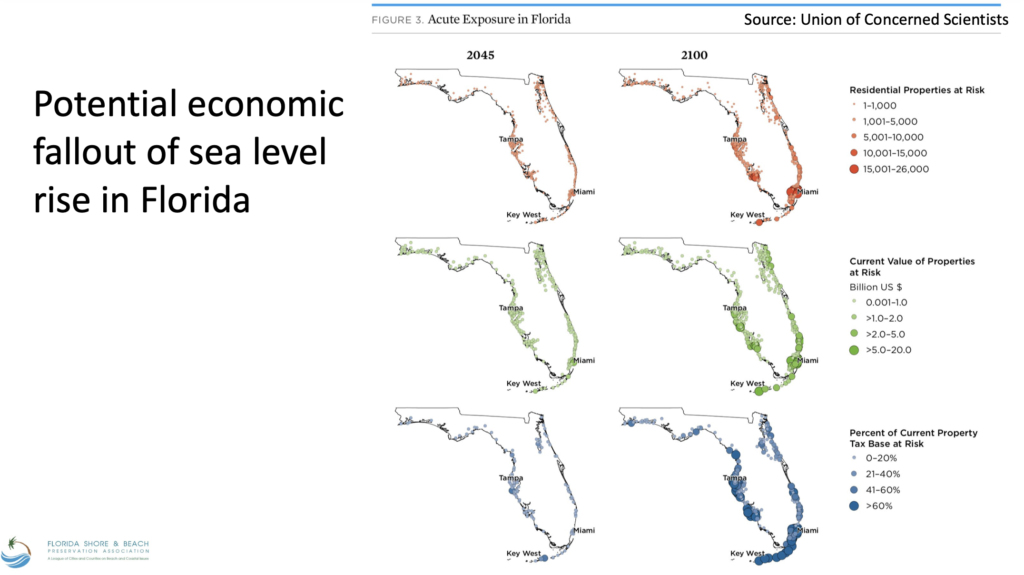
It’s yet another reminder that Florida’s elected leaders need to get serious about doing our part to help tackle climate change. If we were a country, we’d have the 15th biggest economy in the world. We have to be a leader in eliminating the use of fossil fuels and encouraging the spread of renewable sources of energy.
This is why I’m leading the new Energy & Climate Caucus in the Florida Legislature.
Watch the Select Committee on Hurricane Resiliency & Recovery meeting here.
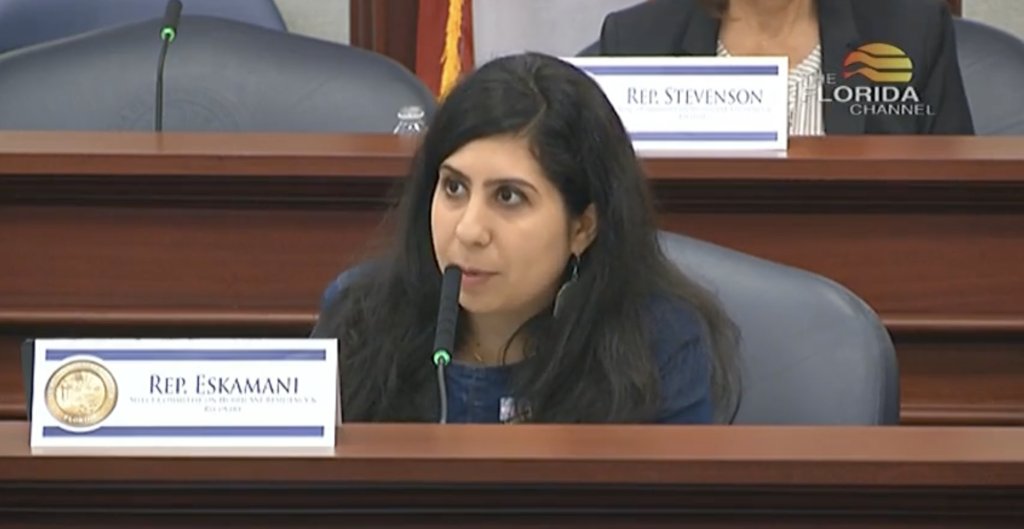
Senate prioritizes corporate profits over tenants
Meanwhile, Senate Republican leaders unveiled their affordable-housing plan – a plan that appears to have been written by and for developers and corporate landlords.
The plan includes hundreds of millions of dollars’ worth of tax breaks, loans and other subsidies for apartment developers – and nothing at all for tenants. Actually, it does worse than nothing: The Senate Republican plan would also make it impossible for voters in any city or county in Florida to enact any kind of rent control or rent stabilization.
This is a direct attack on voters here in Orange County, who just overwhelmingly passed a referendum calling for rent control.
And just like Gov. Ron DeSantis’ giveaway to the insurance industry last month, this affordable-housing plan would provide no immediate relief to Floridians struggling to afford rent right now – if it ever brings any relief at all.
You’re going to see a different affordable-housing plan soon from my colleagues and I in the Democratic caucus – a plan that focuses on helping everyday Floridians, rather than protecting the profits of developers and corporations.
DeSantis attacks teachers
While House Republicans try to gut public-school funding, Florida Gov. Ron DeSantis launched a new attack on our teachers.
The governor said he would push legislation this session undermining teachers unions, by making it harder for unions to collect dues, prohibiting teachers from sharing union materials at schools and slashing union salaries.
Urged on by anti-union corporate donors, DeSantis has been trying for years to weaken our teachers and their ability to collectively bargain for better pay and safer schools. It’s all part of an effort to strip labor rights away from all workers, both public and private.
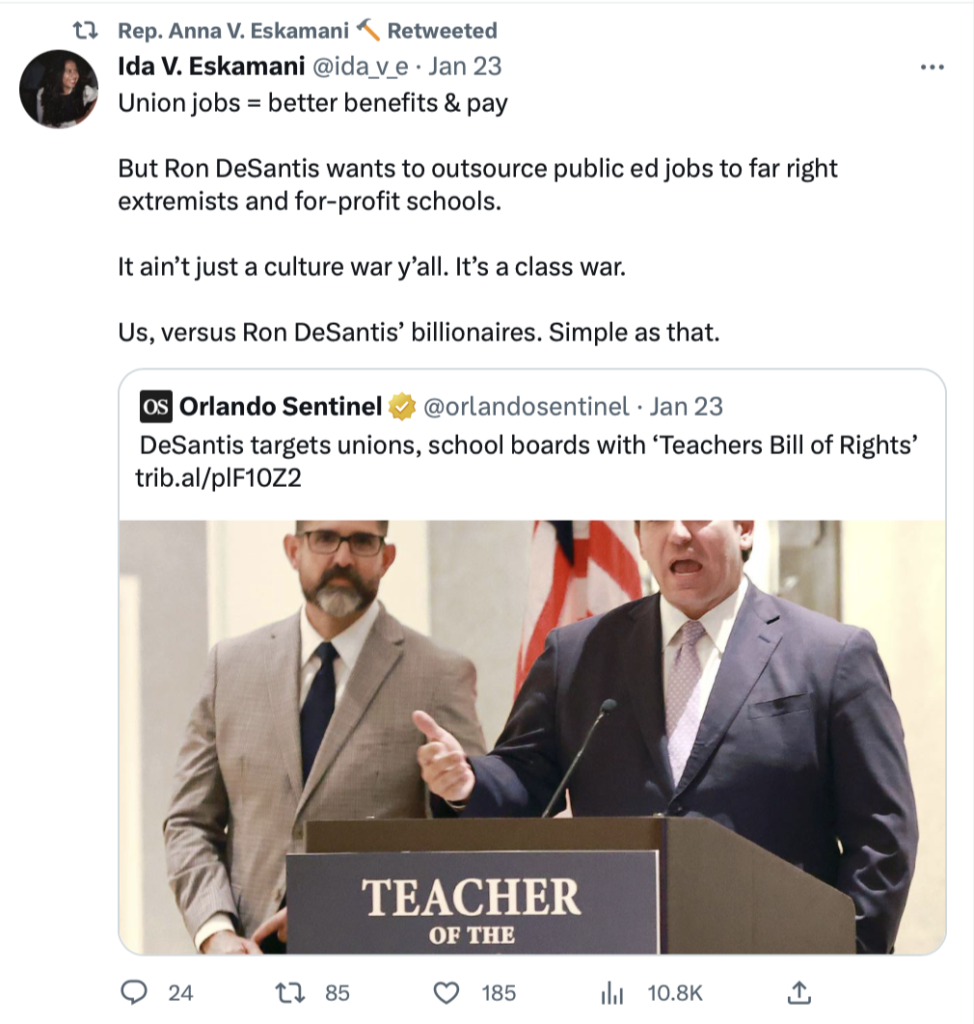
Team Anna is growing!
I’m excited to announce that we have two new teammates in House District 42: Madison Clearman is joining us as our new District Aide and James Williams is our new OPS Staff.
In addition, Lauren Cooper has been promoted to Legislative Aide. She succeeds Cheyenne Drews, who is leaving to pursue the next chapter in her career as an advocate and community leader.
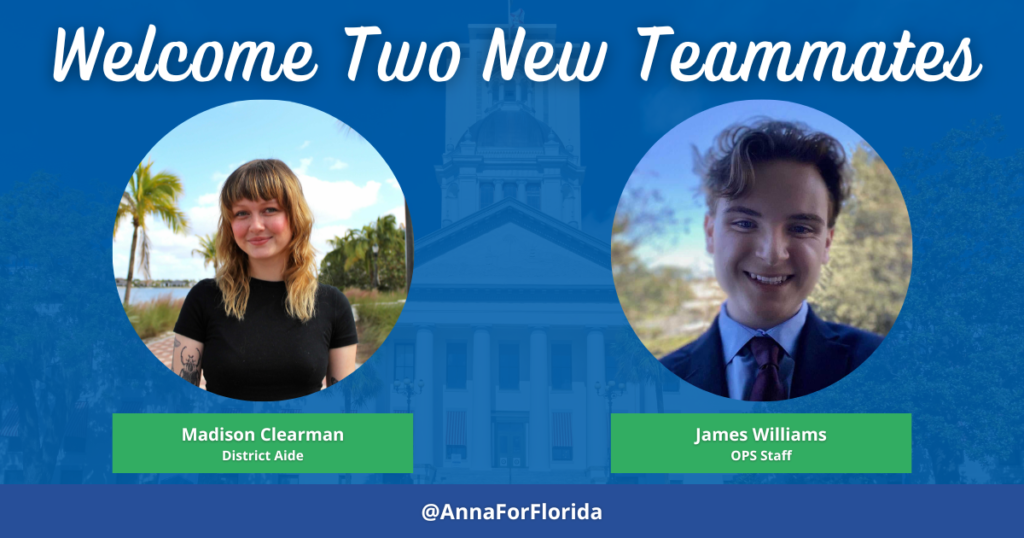
Our doors are always open!
Whenever we’re in Tallahassee, we try to squeeze in as many meetings and community events as possible between all the committee hearings and filing deadlines. Here are just some of the people and organizations we met with this past week:
